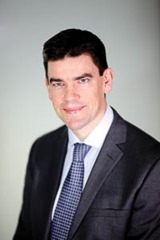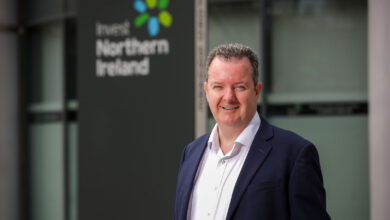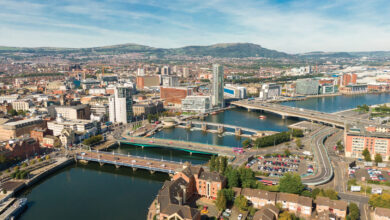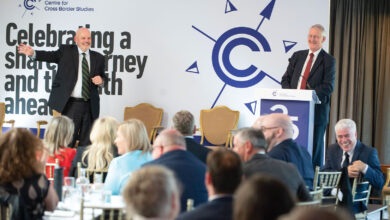Economy
New NIE Managing Director
 Nicholas Tarrant has been appointed Managing Director of Northern Ireland Electricity, succeeding Joe O’Mahony. He joined ESB in 1993 and has held a number of senior management positions including Generation Manager with overall responsibility for ESB’s 4,800MW power generation portfolio.
Nicholas Tarrant has been appointed Managing Director of Northern Ireland Electricity, succeeding Joe O’Mahony. He joined ESB in 1993 and has held a number of senior management positions including Generation Manager with overall responsibility for ESB’s 4,800MW power generation portfolio.





